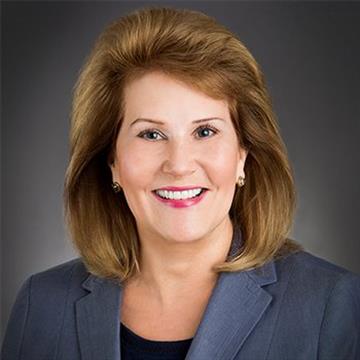Questions often arise over how to divide a 401(k) during a Texas divorce. Let's consider the possibility of a homemaker, divorcing her husband of 40 years. The stay-at-home mom doesn't have a 401(k) of her own, since she worked in the house, taking care of her family the last 40 years. Nevertheless, the working father has amassed a large 401(k) amounting to about $600,000. How will they divide these assets in their divorce?
The 401(k) is in the husband's name. However, these assets accrued over the course of the marriage, so a family law court will classify them as "community property." In other words, the 401(k) will be part of the marital estate and divisible between the spouses.
In a case like the one described above, the court will often award half of the 401(k) assets to each of the spouses. The wife, in this case, will then need to file a Qualified Domestic Relations Order (QDRO), and submit it to the employer, who must distribute the 401(k) benefits between the spouses according to the asset division order.
If the 401(k) is a cash account, the spouses can request payment of the proceeds within 30 to 90 days. This payment may incur tax liabilities. Alternatively, they can ask to receive the benefits upon retirement to continue taking full advantage of the tax-deferred benefits.
It should be noted, even when a Texas court classifies 401(k) benefits as "community property," it does not mean that the spouses will always divide the account 50/50. For example, if the other spouse has a 401(k) of a similar size, the court may order each spouse to keep his or her respective accounts.
A lot of different considerings can come into play during Texas asset division proceedings. As such, spouses may want to work with an experienced family law attorney -- such as the lawyers at the Barker Law Firm in Houston, Texas -- to evaluate their situations and develop the most suitable legal strategy in their high net worth divorce case. At the Baker Law Firm, our attorneys are available to speak with you about your divorce proceedings in a free, no-obligation, first time consultation.





